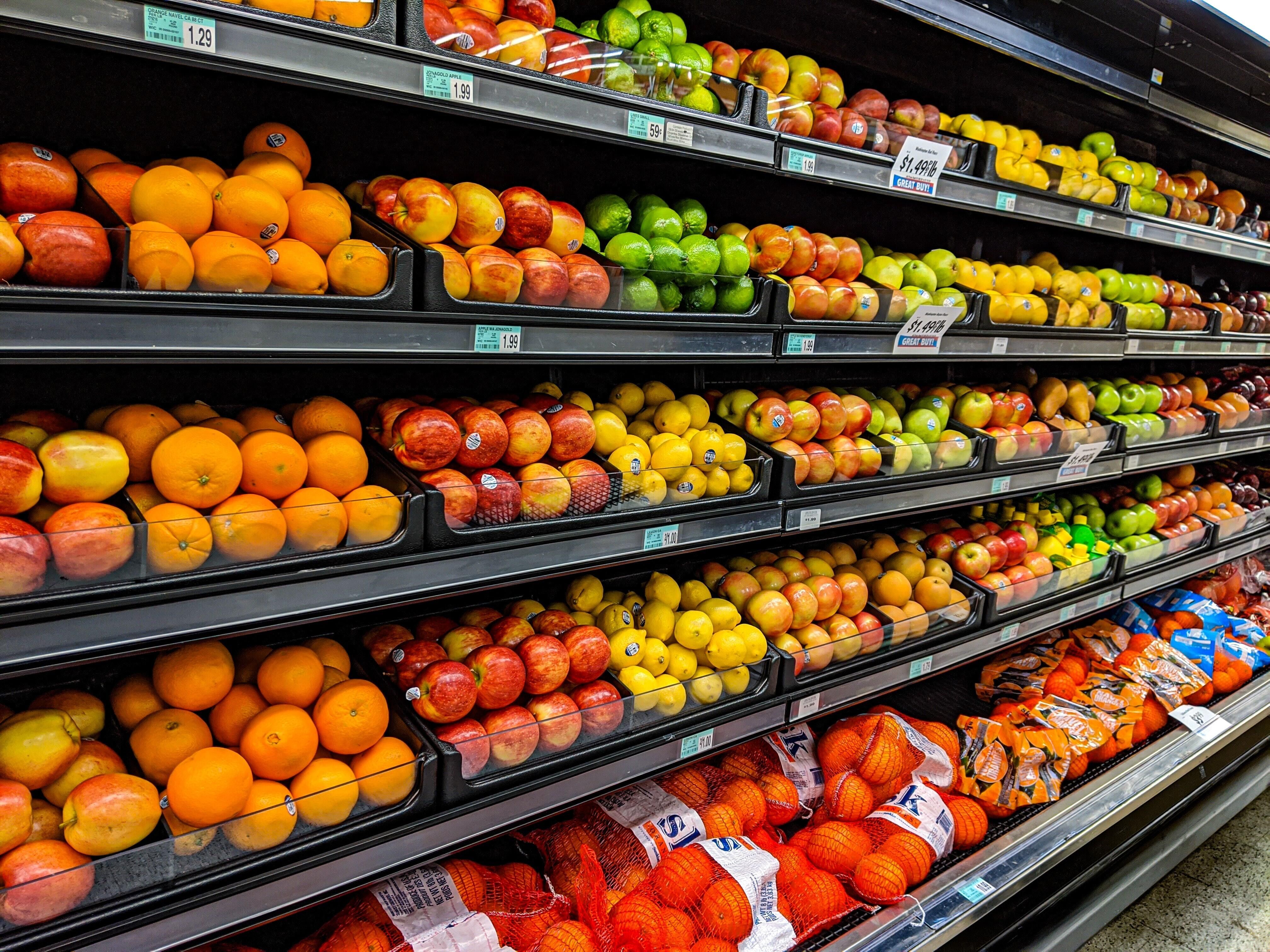
Food Safety Tips for Older Adults: Staying Healthy and Preventing Illness
Each year, about 1 in 6 Americans experiences food poisoning. For most people, it may be an unpleasant but temporary illness. For older adults, however, foodborne illness can lead to serious complications. As we age, the immune system weakens, organ function slows, and chronic conditions or medications can make it harder for the body to fight infection. The good news: a few simple habits can greatly reduce the risk.
What Causes Foodborne Illness?
Harmful bacteria are the most common culprits behind food poisoning. Pathogens such as E. coli, Salmonella, and Campylobacter are often found in:
Undercooked meat, poultry, or seafood
Unpasteurized milk, juice, or soft cheeses
Raw fruits and vegetables
Raw sprouts or untreated water
For older adults, infections from these sources are more likely to lead to hospitalization or even become life-threatening.
Know the Dates: When in Doubt, Throw It Out
Food labels can be confusing, but understanding them is key:
Sell By: The store should sell the product before this date. It can still be safe to eat afterward.
Use By / Best If Used By: Indicates best flavor and quality, not necessarily safety.
Regardless of the label, food that has been left out too long or looks or smells questionable should always be discarded. Trust your instincts—better safe than sorry.
Foods Older Adults Should Avoid
Some foods carry higher risks and are best avoided or handled with extra care:
Unpasteurized milk or cheeses (such as Brie or queso fresco)
Undercooked meat, poultry, eggs, or seafood
Raw sprouts, cold deli meats, or pâtés unless heated thoroughly
Unwashed produce
Four Simple Steps to Stay Safe
Food safety doesn’t have to be complicated. These four habits go a long way:
Clean: Wash hands, utensils, and surfaces with warm, soapy water before and after handling food.
Separate: Keep raw meat, poultry, and seafood away from ready-to-eat foods in your cart, kitchen, and refrigerator.
Cook: Use a food thermometer to make sure foods reach safe internal temperatures.
Chill: Refrigerate leftovers promptly—never leave food out for more than two hours.
For older adults, food safety is about more than preventing an upset stomach—it’s about protecting health and independence. By following these simple steps, you can continue to enjoy meals with confidence and peace of mind.
Learn more at FoodSafety.gov
